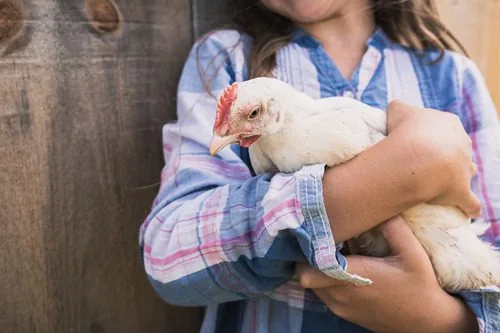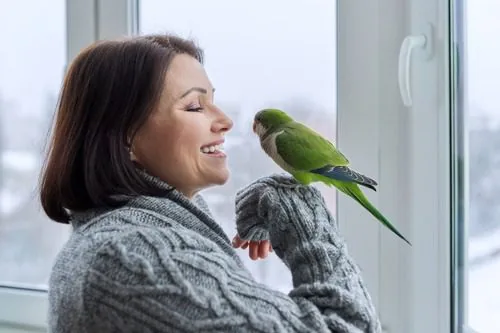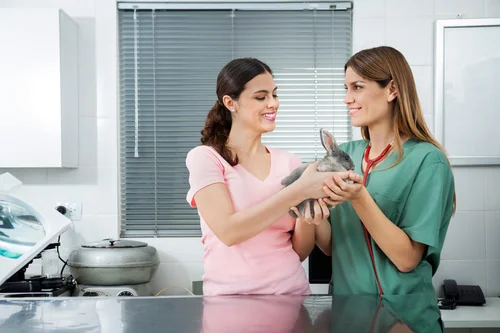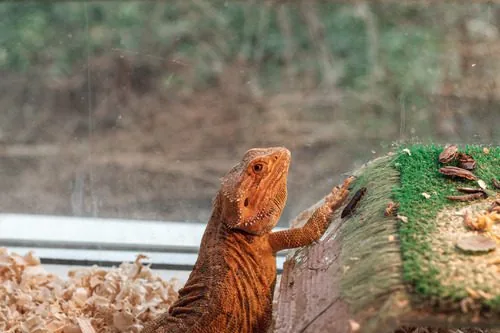Chickens are more than just farm animals; they are a source of nutrition, joy, and even companionship for many. However, like all living beings, chickens can fall prey to various diseases, one of which is fowlpox. This disease can affect the health and productivity of your chickens, leading to concern for both commercial poultry farmers and backyard chicken enthusiasts. In this blog, we aim to shed light on the symptoms of fowlpox, the methods used to diagnose it, and the available treatment options. If you’re worried about the health of your chickens, don’t hesitate to reach out to the Avian and Exotic Animal Hospital of Louisiana at (504) 455-6386 for professional advice and support.

Understanding Fowlpox
Fowlpox is a slow-spreading viral disease that affects birds, primarily chickens. It manifests in two forms: cutaneous, which affects the skin, and diphtheritic, which targets the mucous membranes of the mouth and throat. Knowing how to recognize the signs of each type is the first step in ensuring the well-being of your poultry. Fowlpox is easily spread for bird to bird thru open sores or by biting flies and mosquitos.
Symptoms of Fowlpox
Identifying the signs of fowlpox early on is key to managing and controlling the outbreak within a flock. The symptoms vary depending on the form of the disease.
Cutaneous Form
- Appearance of Lesions: Look for wart-like lesions on unfeathered areas such as the legs, comb, and wattles.
- Slow Feather Growth: Affected areas may show delayed feather growth.
- Scab Formation: Over time, these lesions can develop into scabs.
Diphtheritic Form
- Respiratory Distress: Chickens may show signs of breathing difficulties.
- Plaque Formation: White, cheesy plaques can form in the mouth, throat, and sometimes in the respiratory tract.
- Decreased Appetite: Affected chickens might eat less due to the discomfort caused by the plaques.
Diagnosing Fowlpox
Proper diagnosis of fowlpox involves a combination of physical examination and laboratory tests. If you suspect your flock might be affected by fowlpox, it’s crucial to contact an experienced avian veterinarian. They may perform a thorough check for the physical signs mentioned above. They may also examine samples of any lesions under a microscope and administer a PCR test which detects the presence of fowlpox virus DNA in those samples.
Treatment and Prevention
While there is no cure for fowlpox once a chicken is infected, there are steps you can take to manage the disease and prevent its spread.
- Supportive Care: Ensuring the chickens have a clean, stress-free environment can help them recover more effectively.
- Vaccination: One of the most effective ways to prevent fowlpox is through vaccination, especially in areas where the disease is common.
- Quarantine Measures: Isolating affected birds from the rest of the flock can help prevent the spread of the disease.
Keeping Your Flock Healthy
Preventive measures are your best defense against fowlpox. Regular check-ups with an avian veterinarian, maintaining a clean coop, and practicing biosecurity can all help keep your chickens healthy. Remember, if you have any concerns about the health of your chickens, the team at the Avian and Exotic Animal Hospital of Louisiana is here to help. Give us a call at (504) 455-6386 to schedule a consultation.
FAQs About Fowlpox in Chickens
In this section, we address some commonly asked questions about fowlpox to help you better understand and manage this condition.
Can fowlpox spread to humans?
- Fowlpox is a disease specific to birds and poses no risk to humans.
How can I tell if my chicken has fowlpox?
- Look for the symptoms outlined above and consult with an avian veterinarian for a proper diagnosis.
Is there a treatment for fowlpox?
- Treatment focuses on supportive care and preventing secondary infections. Vaccination is the most effective preventative measure.
Ensuring the health and well-being of your chickens requires vigilance and a proactive approach to disease prevention. By being aware of the symptoms of fowlpox, taking steps to prevent it, and seeking professional advice when needed, you can maintain a healthy and productive flock. Remember, the Avian and Exotic Animal Hospital of Louisiana is always ready to assist you with any concerns you may have about your chickens’ health. Contact us at (504) 455-6386 for expert care and advice.
Recent Posts
About Avian & Exotic Animal Hospital of Louisiana
Avian & Exotic Animal Hospital of Louisiana, formally West Esplanade Veterinary Clinic, is Louisiana’s only veterinarian that provides care exclusively to avian and exotic pets. From parrots to rabbits and ferrets to a wide variety of reptiles, as well as a multitude of small mammal exotic pets, we welcome them all to our practice!




